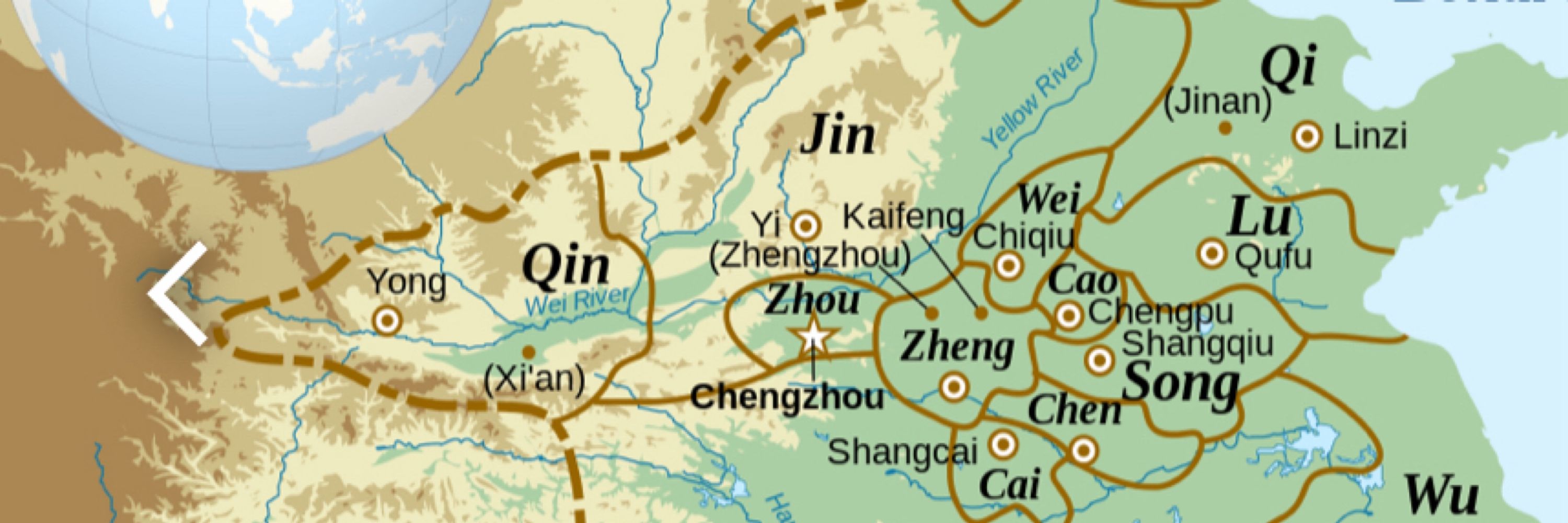





An explanation of the roles of the operational commander & political commissar within PLA ranks from a 2000 book, "Heart-to-Heart Talks with Leading Cadres" ...

An explanation of the roles of the operational commander & political commissar within PLA ranks from a 2000 book, "Heart-to-Heart Talks with Leading Cadres" ...



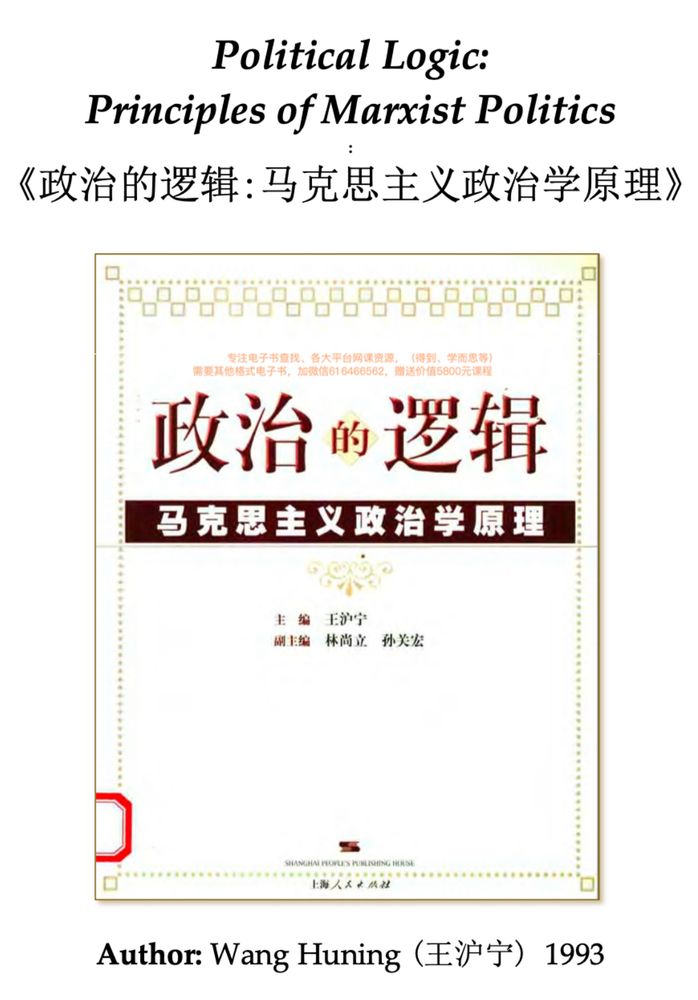
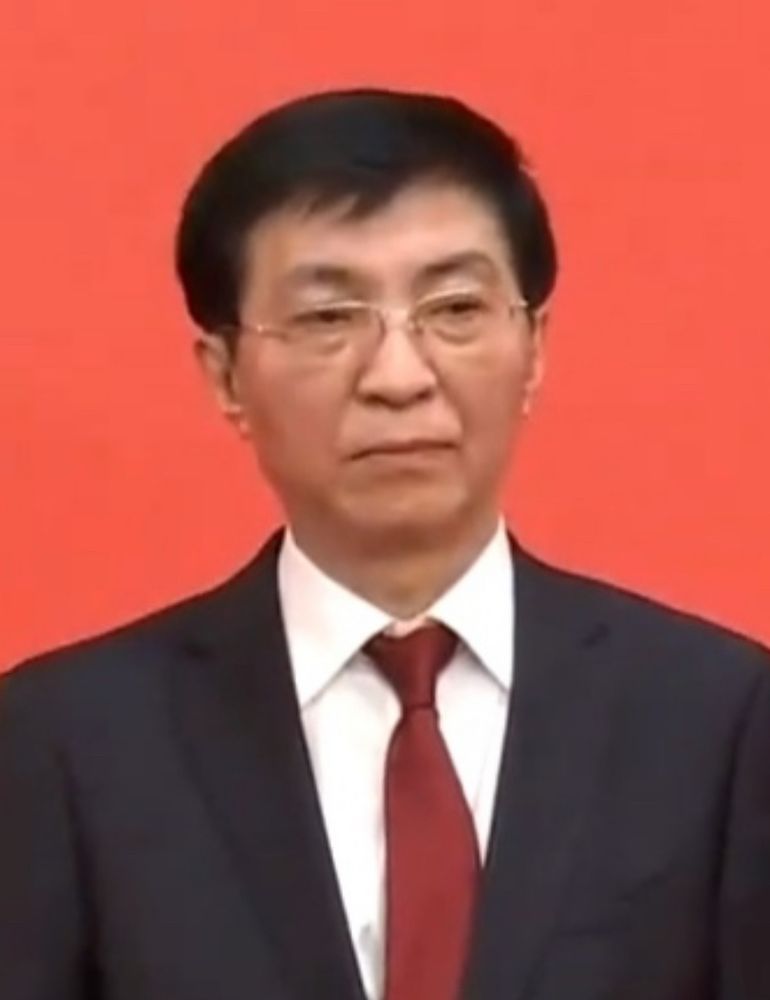
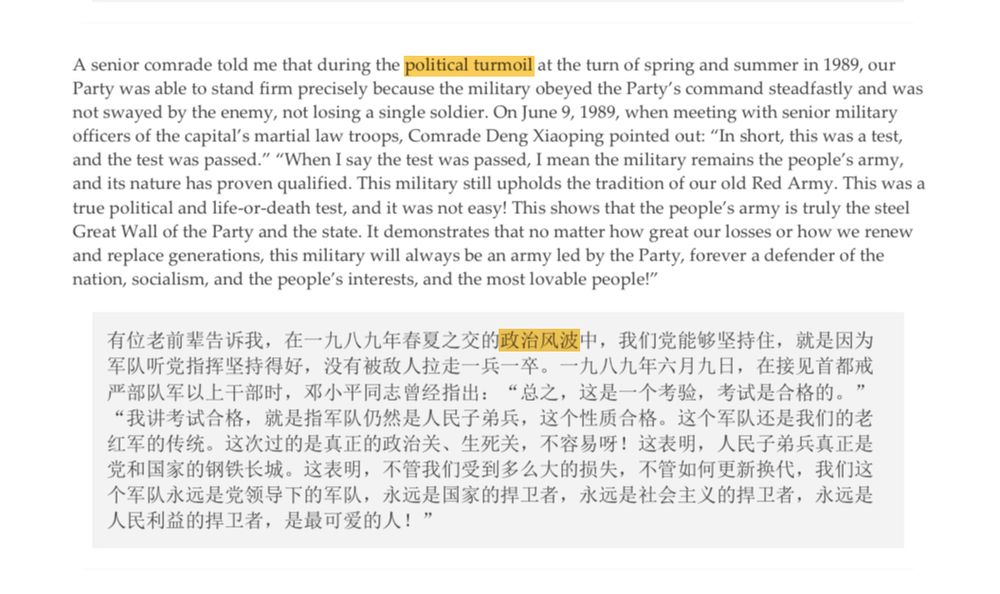
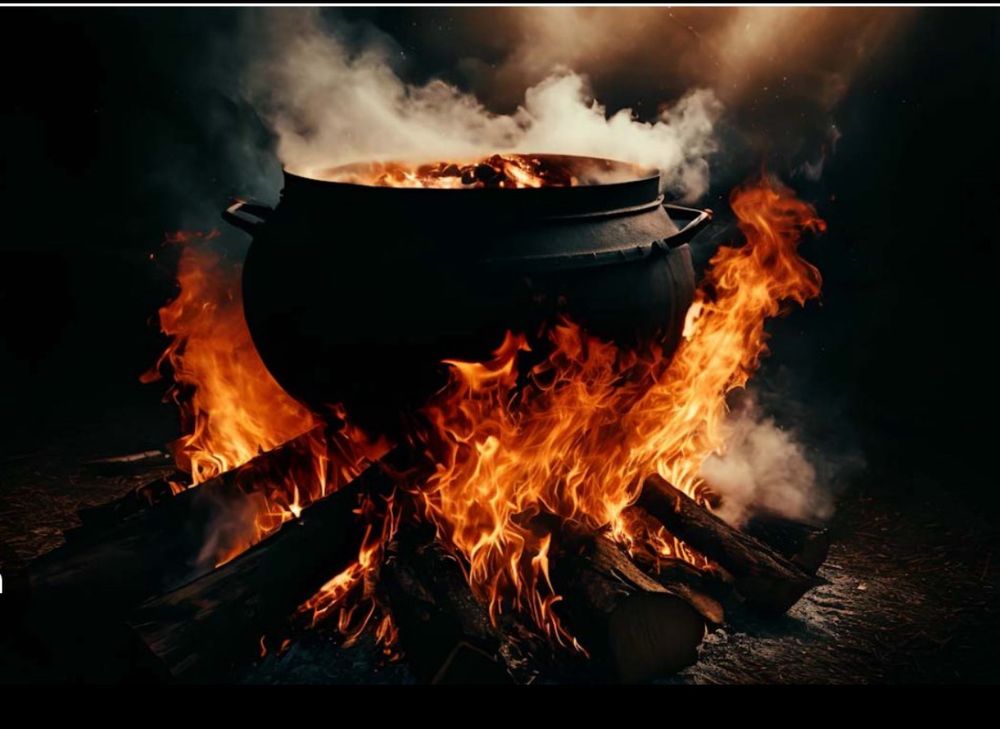
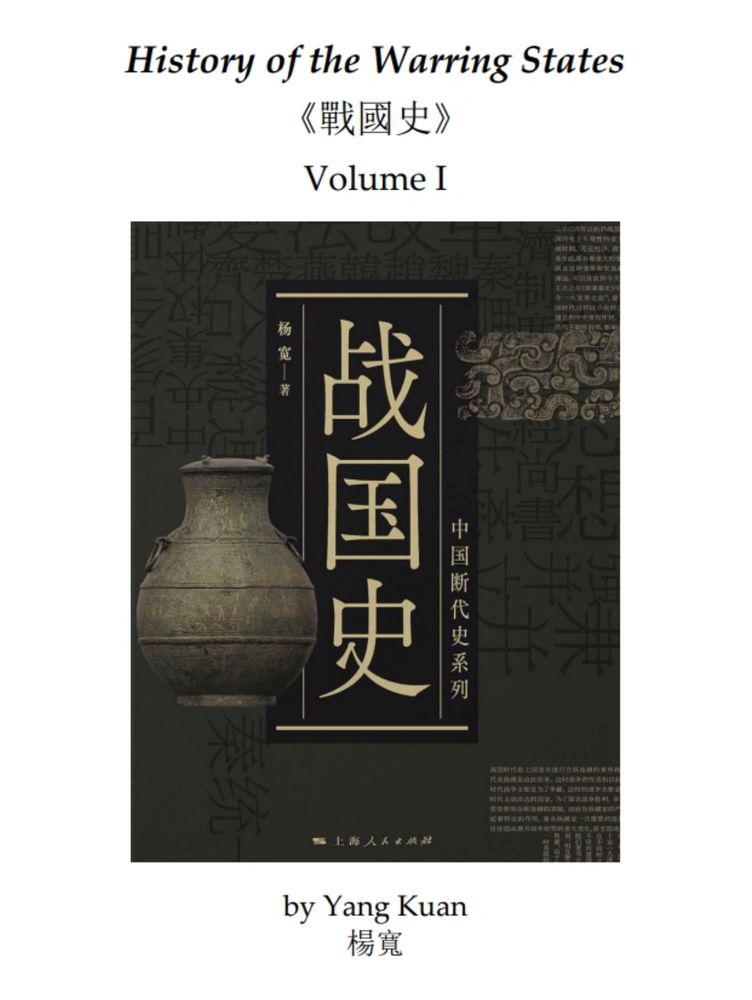
…
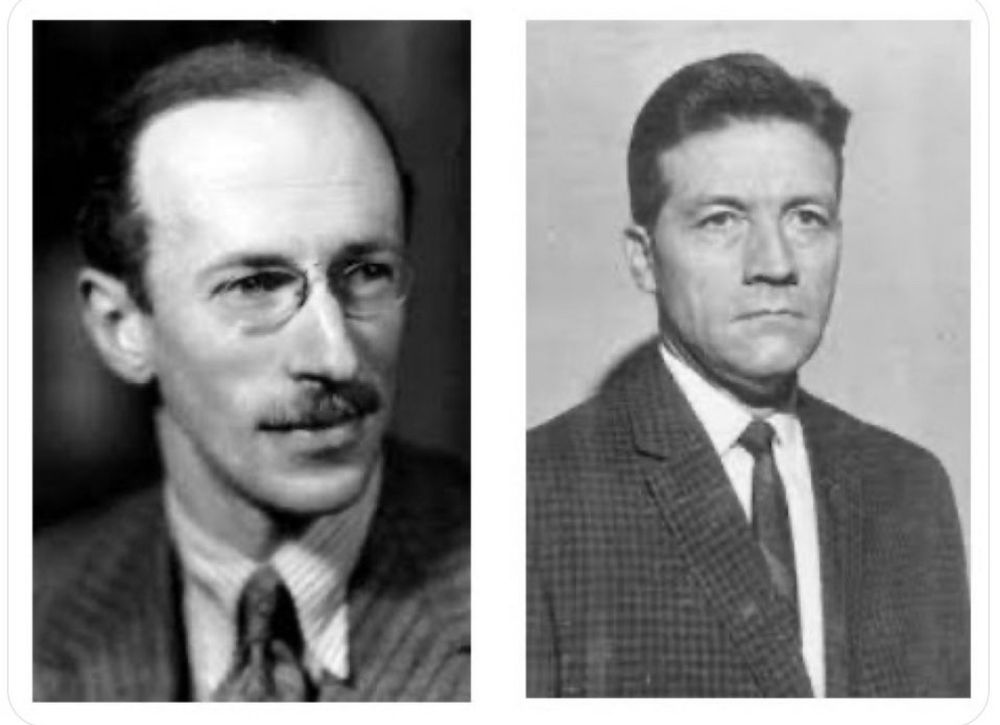
…
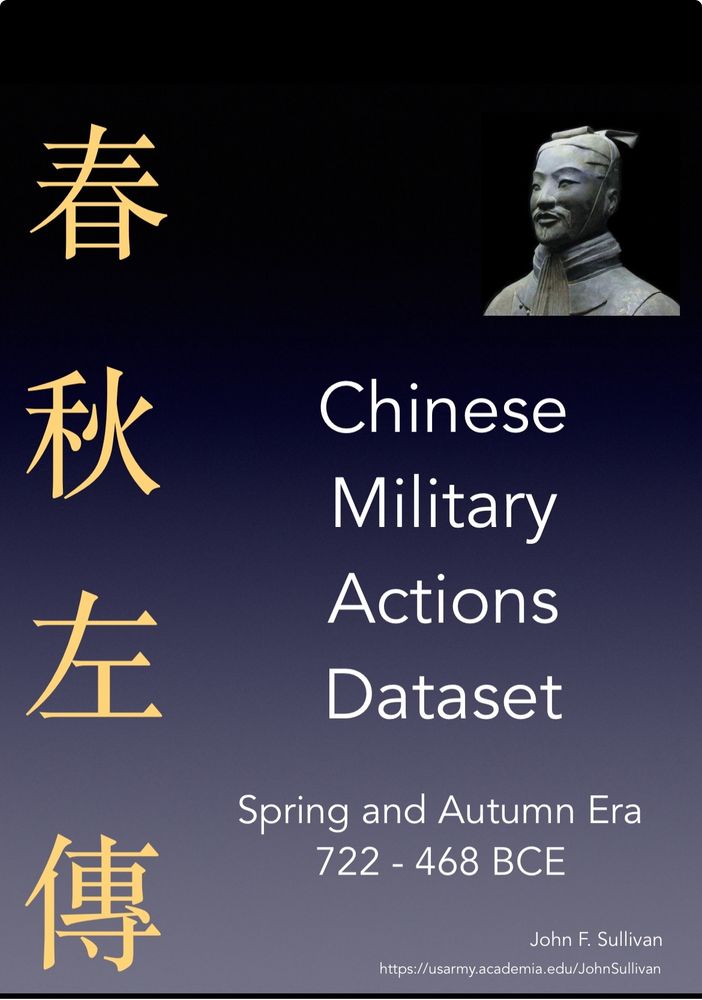
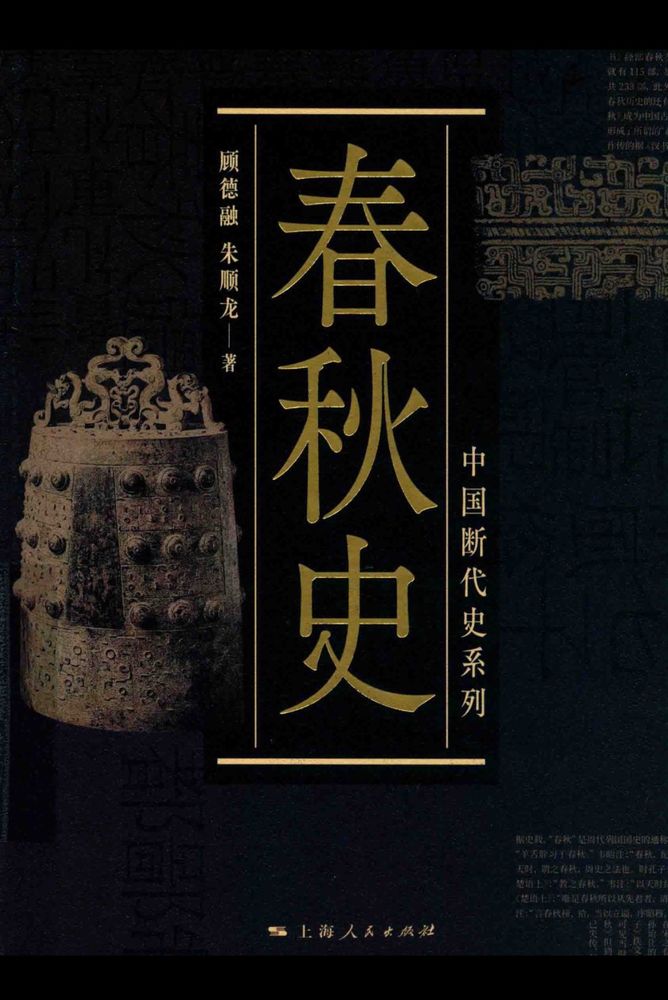
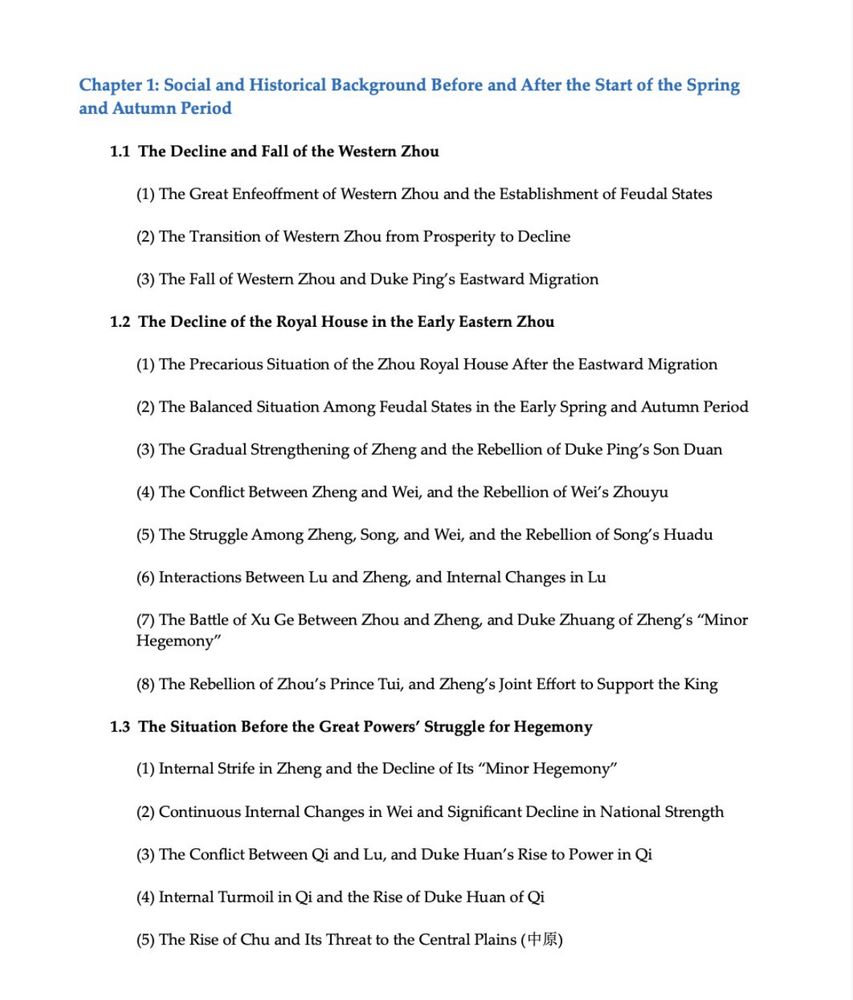
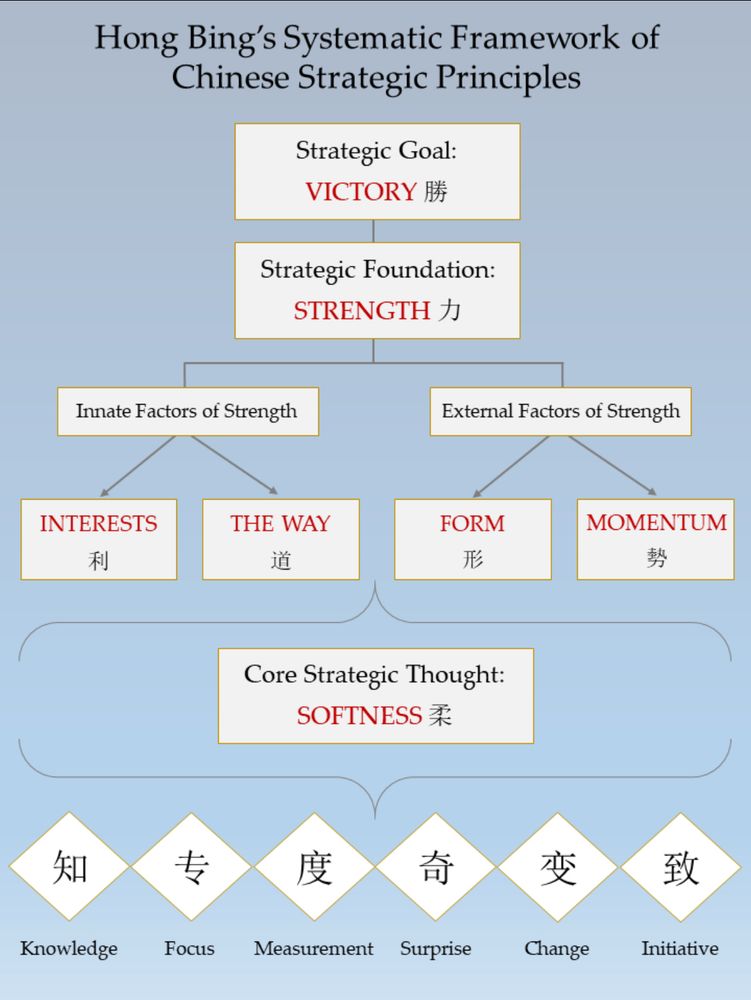
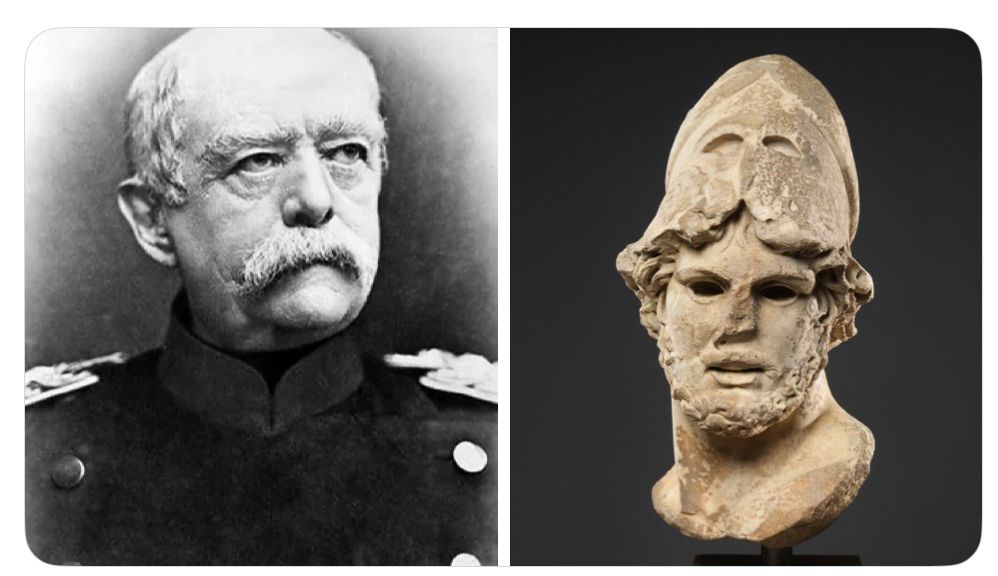
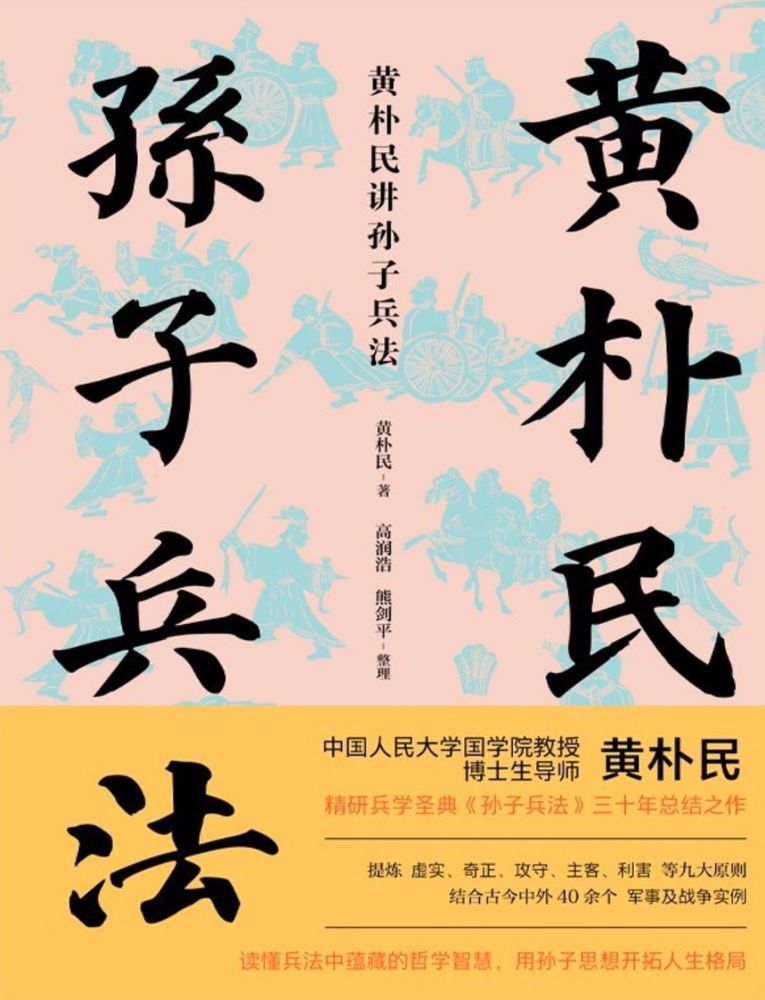
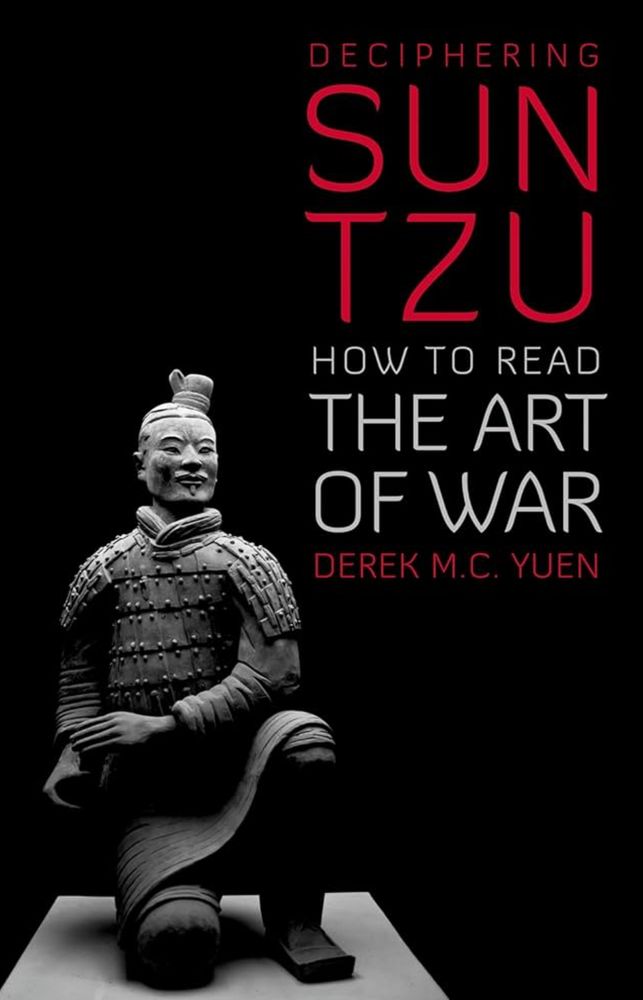
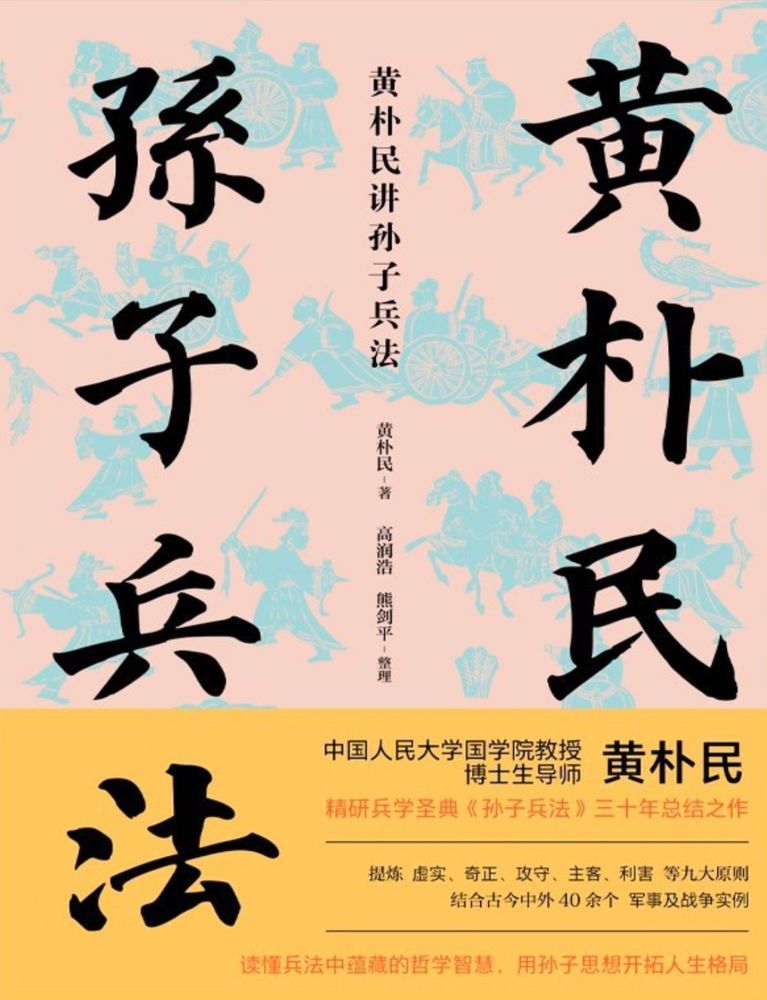



It’s truly amazing how deeply rooted is the idiotic idea that through all of Chinese mil. history, only Sun Tzu has any value.

It’s truly amazing how deeply rooted is the idiotic idea that through all of Chinese mil. history, only Sun Tzu has any value.






